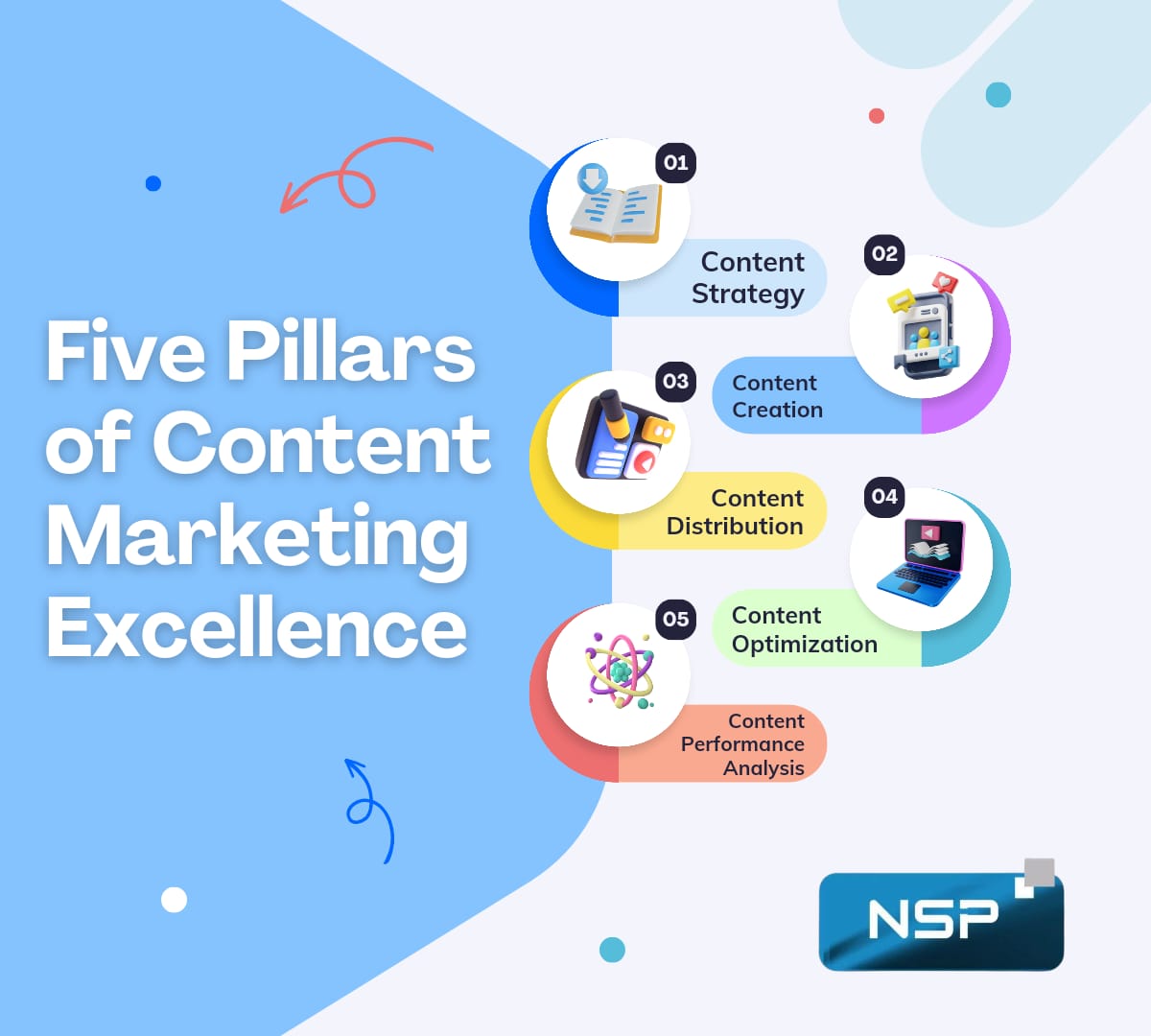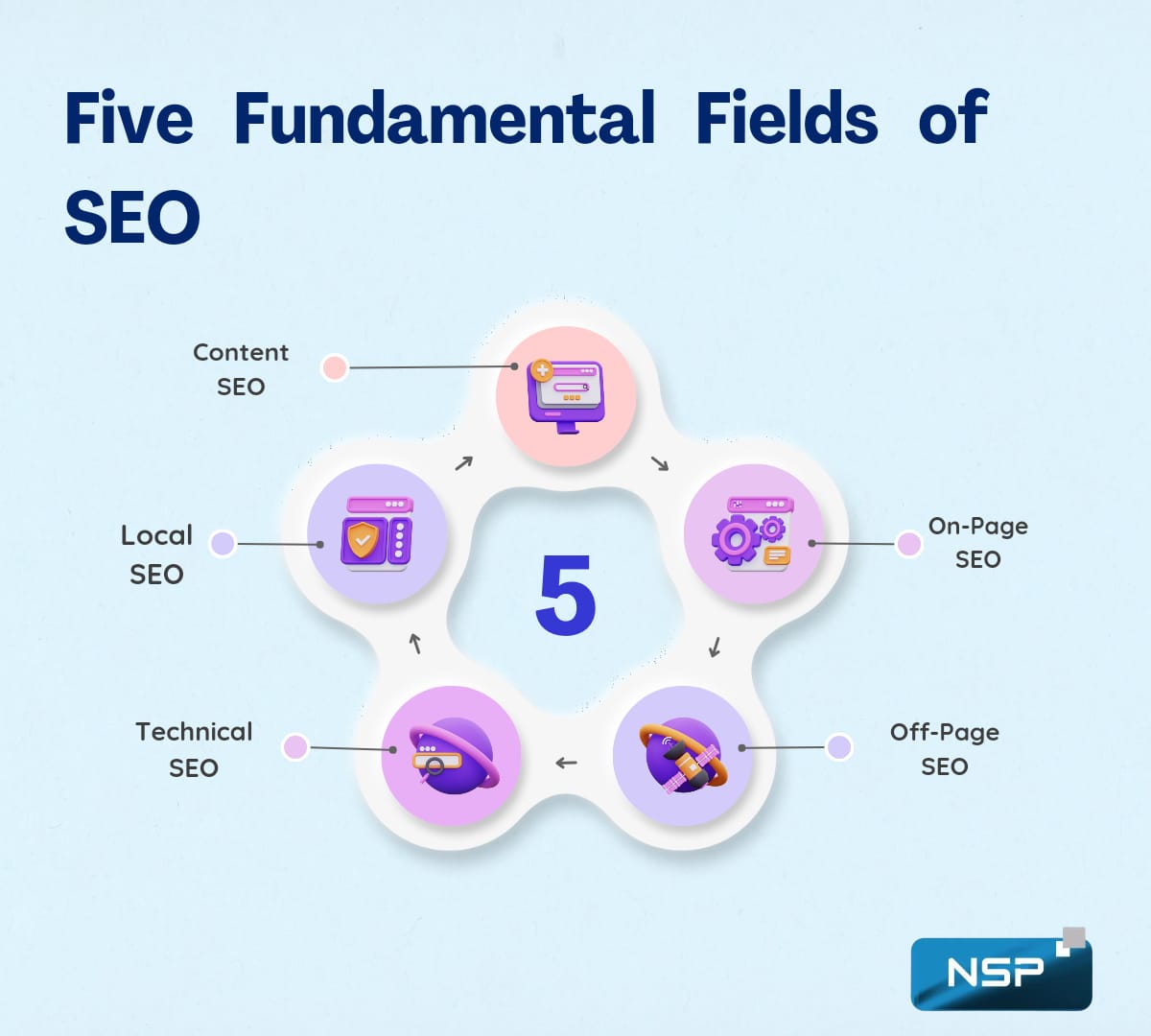Digital marketing for the oil and gas industry has become increasingly important in recent years as the industry recognizes the need to establish a strong online presence and connect with a wider audience. One of the key strategies for effective digital marketing in this sector is website development and optimization. In this article, we will explore the importance of creating a professional, user-friendly website and implementing on-page SEO strategies to improve search engine rankings and increase organic traffic.
The Importance of a User-Friendly Website
A user-friendly website is essential for engaging visitors and converting them into customers. In the oil and gas industry, where technical expertise and reliability are crucial, a well-designed website can help convey your company's professionalism and expertise. Here are some key considerations for developing a user-friendly website:
Mobile Responsiveness
With an increasing number of users accessing websites on mobile devices, it is crucial to ensure that your website is mobile-responsive. This means that the website layout and design should adapt to different screen sizes, providing a seamless user experience across devices.Fast Loading Speed
Users have little patience for slow-loading websites. Optimizing your website's loading speed is crucial for retaining visitors and reducing bounce rates. Compressing images, minimizing code, and utilizing caching techniques are some ways to improve loading speed.Intuitive Navigation
A clear and intuitive navigation menu is essential for helping users navigate through your website easily. Organize your content into logical categories and use descriptive labels for menu items. Implementing a search bar can also enhance navigation and user experience.Engaging Visual Design
A visually appealing website can make a lasting impression on visitors. Use high-quality images and videos that showcase your projects, technology, and company culture. Consider incorporating interactive elements and animations to engage users.Clear and Compelling Content
Your website content should be clear, concise, and compelling. Use language that resonates with your target audience and highlights your company's unique value proposition. Incorporate storytelling techniques to create an emotional connection with visitors.
On-Page SEO Strategies
Optimizing your website for search engines is crucial for increasing visibility and driving organic traffic. Implementing on-page SEO strategies can help improve your website's search engine rankings. Here are some key on-page SEO techniques for the oil and gas industry:
Keyword Research
Conduct thorough keyword research to identify relevant keywords and phrases that your target audience is searching for. Incorporate these keywords naturally throughout your website content, including page titles, headings, meta descriptions, and body text.Optimized Page Titles and Meta Descriptions
Each page on your website should have a unique and descriptive page title that includes relevant keywords. Meta descriptions should provide a concise summary of the page content and entice users to click through to your website.Optimized URL Structure
Create descriptive and keyword-rich URLs for your web pages. Avoid using generic URLs and instead include relevant keywords that accurately reflect the page content.Header Tags
Use header tags (H1, H2, H3, etc.) to structure your content and make it easier for search engines to understand the hierarchy and relevance of the information on your web pages. Incorporate relevant keywords in your headers to further optimize your content.Optimized Images
Optimize images on your website by compressing them without sacrificing quality. Use descriptive file names and ALT tags that include relevant keywords to help search engines understand the content of the images.Internal Linking
Incorporate internal links within your website to help search engines crawl and understand the structure of your site. Internal links also help users navigate between related content and improve the user experience.Schema Markup
Implement schema markup to provide additional context to search engines about the content on your website. This can include information such as company contact details, reviews, and product information.Page Speed Optimization
As mentioned earlier, optimizing your website's loading speed is essential for both user experience and search engine rankings. Minimize file sizes, leverage browser caching, and eliminate unnecessary scripts and plugins to improve page speed.
By implementing these on-page SEO strategies, you can improve your website's visibility in search engine results pages (SERPs) and attract more organic traffic.
In the oil and gas industry, where trust, expertise, and environmental responsibility are critical factors, website development and optimization play a crucial role in digital marketing efforts. A user-friendly website that showcases your company's services, projects, and expertise can help build trust and credibility with potential customers. Implementing on-page SEO strategies ensures that your website is visible to search engines and ranks higher in search results. By creating a professional, user-friendly website and optimizing it for search engines, you can establish a strong online presence and connect with a wider audience in the oil and gas industry.




